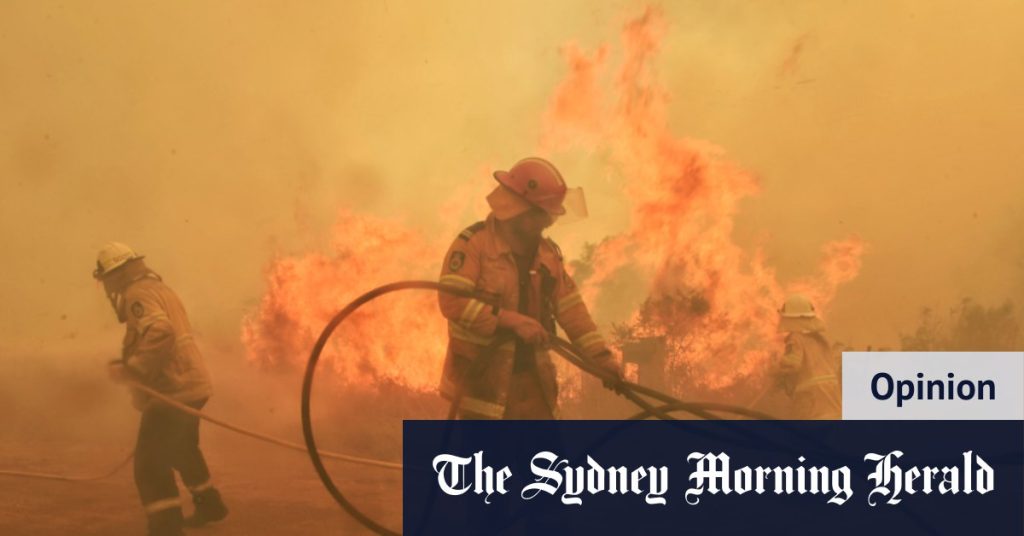Emergency workers are a crucial presence in times of crisis, providing aid and support during events such as bushfires, floods, and accidents. In Australia, there are over 370,000 full-time and volunteer emergency workers who serve in various capacities, including police, fire and rescue, ambulance personnel, and volunteers from organisations like the SES, Coast Guard, and Rural Fire Service. These individuals are highly valued and trusted for their ability to remain calm and capable in the face of unimaginable trauma.
The demanding nature of their work takes a toll on emergency workers, as seen in the disproportionately high rates of PTSD experienced by these individuals compared to other professions. It is estimated that one in 10 emergency workers will develop PTSD due to the trauma they are exposed to on a regular basis. In response to this issue, the Black Dog Institute and the University of NSW have launched updated guidelines for the treatment of PTSD in emergency workers, acknowledging the significant psychological consequences of their work.
PTSD has long been recognized as a psychological condition that can arise from exposure to death, assault, or injury. For emergency workers, PTSD can be the result of sustained and repeated exposure to traumatic events as part of their normal work duties. These individuals may witness horrific scenes, be directly threatened, or face life-or-death decisions in volatile situations to ensure community safety. The ongoing exposure to trauma can have profound effects on their mental health, leading to symptoms of PTSD.
Former volunteer firefighter Elisabeth Goh, who has experienced the challenges of working in emergency situations, highlights the emotional toll that emergency work can take on individuals. She describes how for emergency workers “Everybody’s worst day is your every day,” indicating the constant exposure to traumatic events that can impact their mental well-being. Despite the challenges they face, emergency workers continue to fulfill their duties with dedication and professionalism, providing vital assistance to those in need during times of crisis.
The bravery and resilience of emergency workers are evident in their commitment to serving the community and ensuring the safety of others. From battling bushfires to rescuing individuals in distress, these individuals put their lives on the line to protect and support others. Their selfless actions and willingness to confront danger make them a vital resource in times of crisis, earning them the respect and appreciation of the public.
As we recognize the sacrifices and challenges faced by emergency workers, it is important to support their mental health needs and provide resources for coping with the trauma they experience. By raising awareness of the psychological toll of their work and facilitating access to treatment and support services, we can help ensure that these dedicated individuals receive the care they need to maintain their well-being. Through collective efforts and understanding, we can continue to honor the vital role that emergency workers play in safeguarding our communities and protecting lives.















